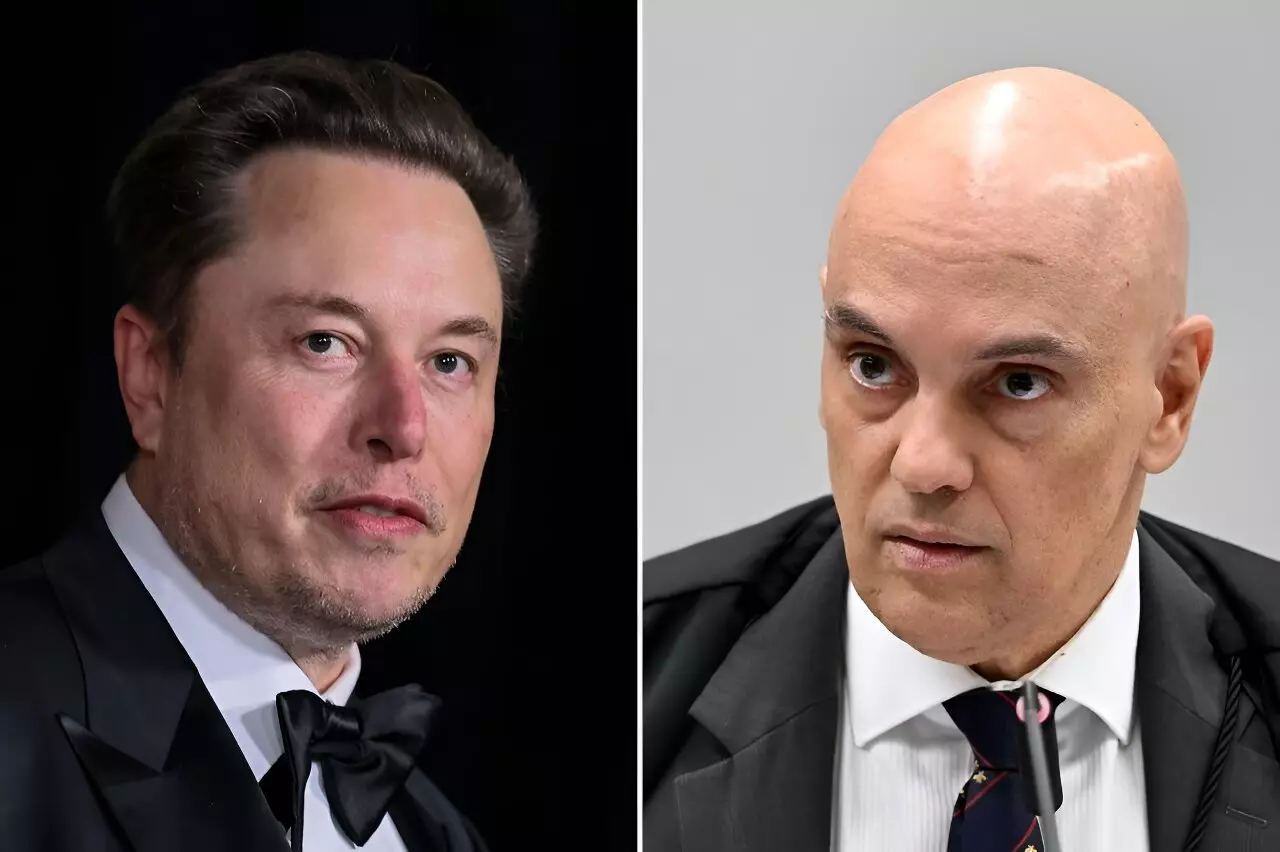In a significant legal development, the social media platform X, owned by billionaire Elon Musk, remains under suspension in Brazil following the Brazilian Supreme Court’s recent ruling. This decision stems from a failure to comply with established judicial requirements aimed at curtailing misinformation. Justice Alexandre de Moraes’s order has kept X in limbo, requiring the platform to submit additional documentation within five days to potentially lift the ban. This incident highlights the increasing scrutiny of social media companies operating in Brazil, where the government is increasingly vigilant against the spread of disinformation.
Background of the Controversy
The conflict began last month when Musk refused to remove accounts on X that were believed to be spreading false information. Justice de Moraes, who has taken a strong stance against misinformation, responded by suspending the platform, stirring public discourse on the balance between free speech and corporate responsibility in the digital age. The legal proceedings surrounding X have drawn attention not only for the high-profile nature of the individuals involved but also due to the larger implications for democratic processes in Brazil. With more than 22 million users in the country, the stakes are undeniably high for both the platform and its user base.
As a consequence of the suspension, Justice de Moraes has also imposed a hefty fine of approximately $913,000 on X for violating the ban. The judge has characterized X’s attempts to bypass the suspension as deliberate and underscored the need for legal compliance. Despite X’s claims that its brief return online was unintentional and related to technical issues, the judiciary views these actions as a continued affront to Brazilian law. The situation has escalated further, with Moraes freezing assets linked to Musk’s satellite internet service Starlink, ostensibly to ensure the payment of fines.
Political Reactions and Implications
The suspension has ignited a political firestorm in Brazil, generating polarized opinions along ideological lines. Supporters of President Luiz Inacio Lula da Silva’s administration hail the ruling as a necessary measure to combat the threats posed by misinformation. Conversely, critics from the right, including figures like former president Jair Bolsonaro, condemn the ruling as a violation of free speech, framing it as an act of unconstitutional censorship. This divide further complicates the situation, as public sentiment around the conflict serves as a reflection of broader political tensions within the country.
The confrontation between Musk and Moraes has become emblematic of broader challenges that social media companies face globally. Musk, known for his provocative rhetoric, has labeled the judge as an “evil dictator,” and even resorted to linguistic caricatures by comparing him to Voldemort from the “Harry Potter” series. Such language illustrates the intensity of their clash, with both parties unwilling to back down. As both figures fortify their positions, the implications may extend beyond individual reputations, affecting the future operational landscape for social media firms in Brazil and potentially setting precedents elsewhere.
The ongoing saga involving X in Brazil encapsulates critical issues surrounding digital governance, the responsibilities of technology companies, and the pivotal nature of free expression in contemporary society. The forthcoming days will reveal whether X can reconcile its operations with Brazil’s legal requirements, or if the platform will face long-term consequences in one of its key global markets.

